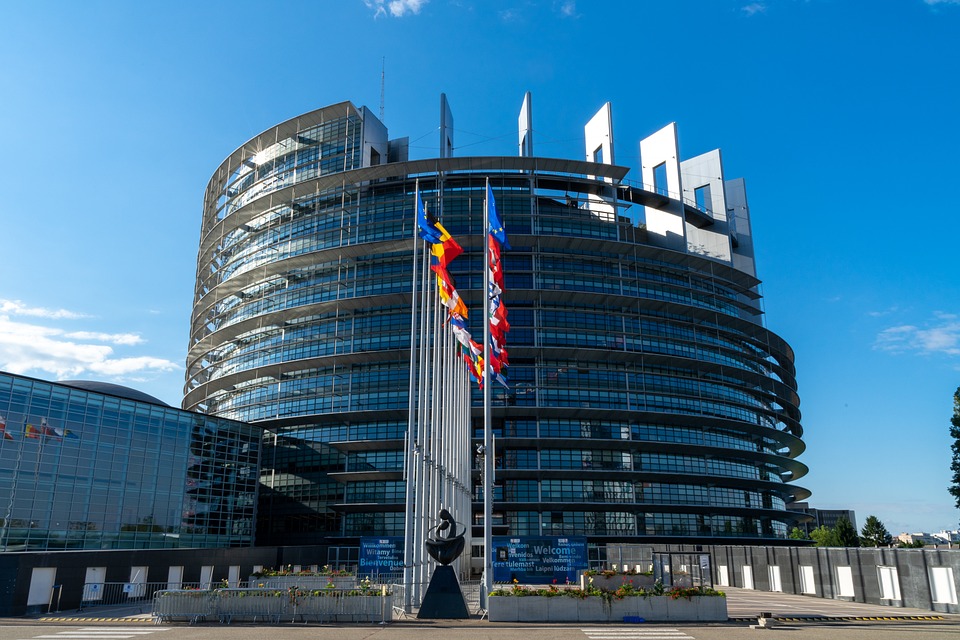Introduction
The European Union is poised to formalize its voluntary code of practice on disinformation into a binding set of rules under the Digital Services Act (DSA) by January 2025. This significant move aims to enhance accountability for online platforms and combat the spread of false information across digital channels.
Transition from Voluntary to Binding Framework
Current Code of Practice
Initially adopted in 2022, the code of practice on disinformation has served as a voluntary framework for digital platforms, encouraging them to implement measures against misinformation and enhance transparency in their operations. However, the EU aims to transition this code into a more enforceable structure, thereby setting clearer standards for compliance.
Formalization Process
During a recent conference in Brussels organized by the European Fact-Checking Standards Network, Paul Gordon, assistant director at the Irish digital services coordinator Coimisiúin na Meán, provided updates on the ongoing process. He emphasized that the transition would not merely be a “tick the box exercise” but would lead to “more meaningful engagement” from platforms in addressing disinformation.
Implications of the New Code
Enhanced Responsibilities for Platforms
The formalization of the disinformation code under the DSA will impose stricter obligations on tech companies regarding the management of harmful content. This includes requirements for greater transparency in content moderation, clearer reporting mechanisms, and more robust measures to identify and mitigate the spread of misinformation.
Fostering Accountability and Trust
By establishing a binding framework, the EU aims to foster greater accountability among digital platforms. This initiative is expected to enhance public trust in online information sources, as users will benefit from improved safeguards against disinformation campaigns.
The Path Forward
Timeline for Implementation
With the formalization process expected to conclude by January 2025, platforms will need to prepare for the implementation of the new rules. The EU’s commitment to a structured approach signals a proactive stance in addressing the challenges posed by disinformation in the digital age.
Ongoing Dialogue and Evaluation
As the new code takes shape, continuous dialogue among stakeholders—including tech companies, civil society, and regulators—will be essential to ensure the effectiveness of the measures adopted. The EU’s approach will likely serve as a model for other regions grappling with similar issues related to misinformation.
Conclusion
The EU’s initiative to formalize its code of practice on disinformation marks a critical step toward enhancing digital accountability and combating misinformation. By transitioning from a voluntary framework to a binding set of rules under the Digital Services Act, the EU aims to ensure that online platforms take meaningful actions to protect users and foster a more trustworthy information ecosystem.
References
- European Commission. (2022). Code of Practice on Disinformation.
- Coimisiúin na Meán. (2024). Update on the Formalization of the Disinformation Code.
- European Fact-Checking Standards Network. (2024). Conference Proceedings on Digital Accountability.
- Irish Times. (2024). EU to Solidify Disinformation Code by January: Insights from Brussels Conference.
This move reflects the EU’s commitment to tackling misinformation and establishing a more responsible digital environment for all users.



